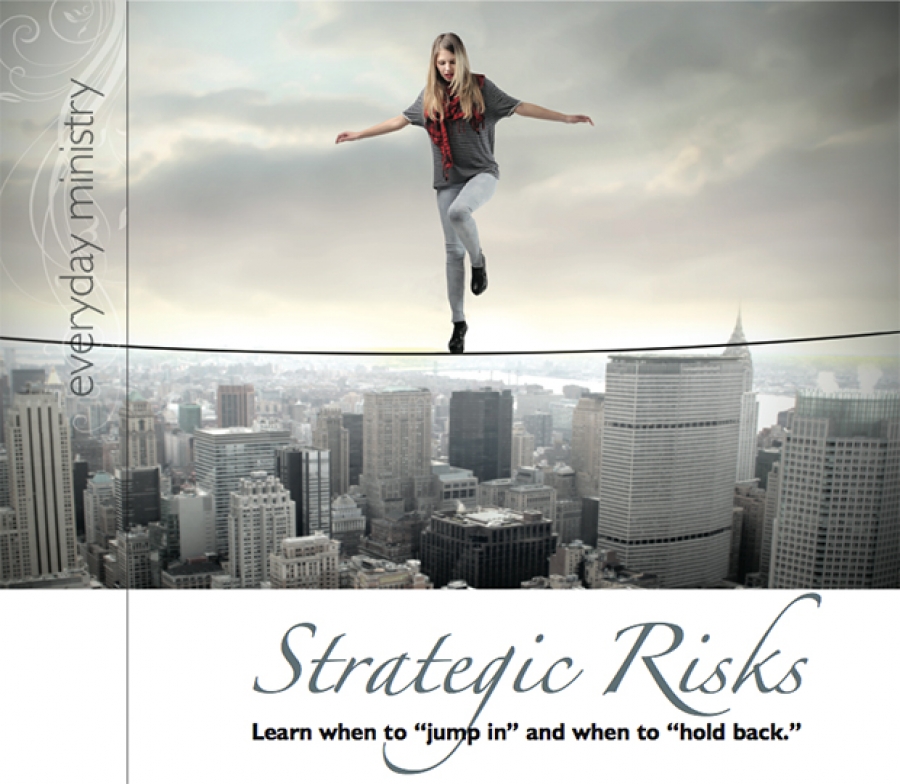Plant What You Can Harvest
Fruitful Christians believe in harvesting. When seeds are planted, they are very small, dry, and often shriveled. But when the ground is prepared, and seeds are properly nurtured, God causes a crop (exponentially greater than the seed) to be produced. Therefore, when you think about taking risks, choose the seeds (talents, resources, and opportunities) that will reasonably turn into a harvest. Don't rush into blind risks.
James Dyson, inventor of the Dyson vacuum cleaner, spent six years developing a unique product. The billionaire entrepreneur told Forbes.com writer Matthew Kirdahy, "I built over 5,000 prototypes to get the system to work. Every year, I was getting further and further into debt. In the end, I owed something like $4 million. Everybody thought I was completely mad, but I repaid the bank loan within about four or five months of selling the product. The bank kept using me in their advertising as an example of how they loan money."
Without a doubt, Dyson took a huge risk. With $4 million of debt and 5,000 prototypes, the stakes were high. However, he did his homework, realistically assessed the value of his invention, weighed the benefits, and then took a calculated risk. It was chancy, but without his courageous investment, Dyson would have been unlikely to perfect his product and reap a mammoth harvest.
Lean Toward Your Strengths
Our weaknesses can make us inefficient, and they are time-consuming. But our strengths, when properly utilized, can make us highly effective. Thriving people, therefore, spend time evaluating their personal strengths. They seize opportunities that take advantage of their assets, and avoid circumstances that rely on their weaknesses. Thus, when determining which risks to jump into, and which ones to avoid, ask yourself these questions:
1 What can I do at a high level?
2 Does this venture capitalize on my strengths, or pronounce my weaknesses?
3 What do I realistically have the time, passion, and resources to invest in (long-term)?
4 When I look back on my life, what will I wish I had done?
Answering these questions (with honesty) will give you clarity.
Learn to Recognize God's Voice
The more you study God's Word – and the more time you spend in prayer – the more clearly you'll recognize God's voice. This is important because, sometimes, God will ask us to take risks that seem unreasonable. In those moments, a personal relationship with God is especially crucial. Think about Noah: God asked him to build a giant boat in the middle of the desert! But because Noah clearly recognized God's voice, he was able to be faithful and take the risk.
In the Bible, there are countless examples of God asking people to do things that seem foolish to onlookers. But 1 Corinthians 1:27 reveals, "God chose things the world considers foolish in order to shame those who think they are wise. And He chose things that are powerless to shame those who are powerful" (New Living Translation). As a result, we must acquire the ability to be led by God's voice – not solely by our "reason."
We can't always foresee how our decisions will turn out, but (when guided by God's voice) we can make an accurate prediction. ![]()








